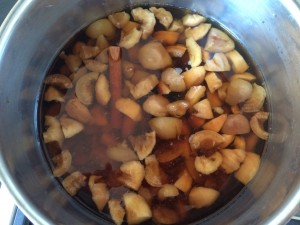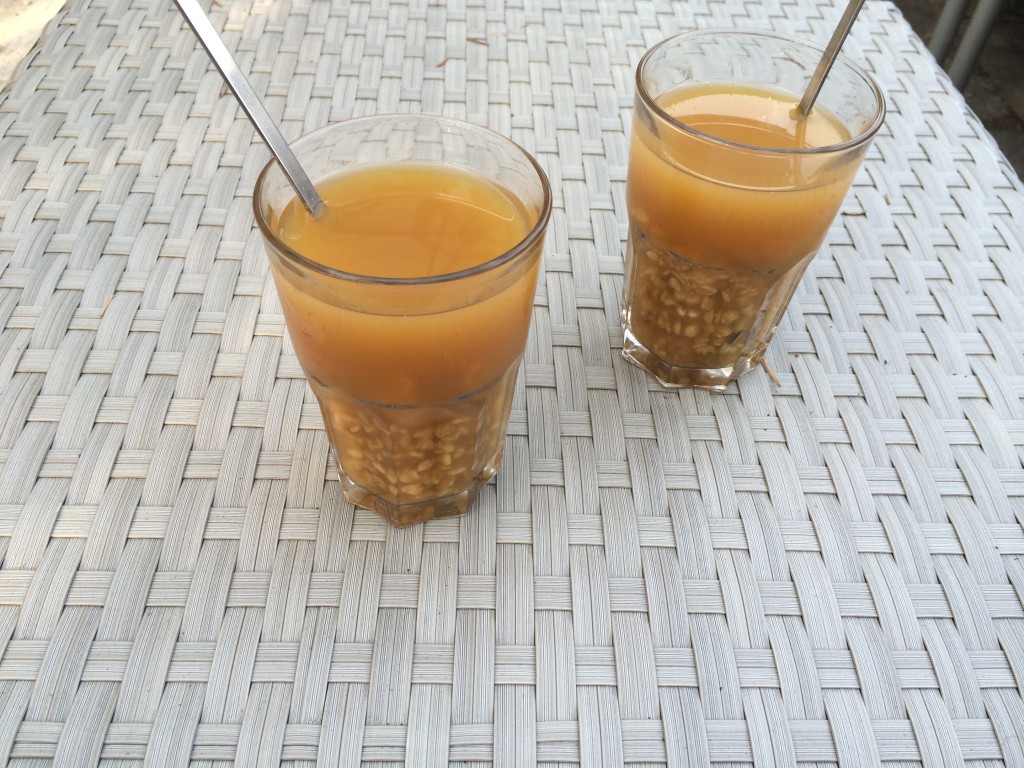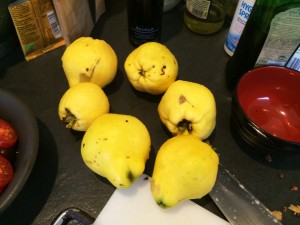 Here we are for part 2 of the quince basic recipes. Assuming you have already cooked your quince fruit and want to use them for the quince cheese, we start directly. If you have raw uncooked quince fruit, please read the post about the quince jelly and use the fruit pieces you do not need for this recipe.
Here we are for part 2 of the quince basic recipes. Assuming you have already cooked your quince fruit and want to use them for the quince cheese, we start directly. If you have raw uncooked quince fruit, please read the post about the quince jelly and use the fruit pieces you do not need for this recipe.
Ingredients
- cooked quince pieces
- sugar
First you have to strain (pass?) the quince pieces, to get a fine pulp. I use my Kitchen Aid with the strainer attachment, but you use, whatever you have. A stainless steel strainer should do the job. And you will have a nice arm workout while passing the quince through the strainer.
Now weigh the pulp and mix thoroughly with the same amount of sugar. Put everything in a non-reactive pot on the stove and heat up. Do this quite cautious, because of the great amount of sugar the pulp will burn quite fast.
Let simmer for about an hour, stirring as often as possible. But be careful, because the mass will act like lava and bubble and burns like hell, when you get hit.
You know, that the quince cheese has cooked enough, when it has thickend and starts to come off the walls of your pot. This may take more than one hour.
Prepare a heat proof container, like a glass baking dish, that you won’t need for some time. Pour the hot quince paste in the container and spread out evenly. Let cool, and cover with baking paper or sandwich paper and store ideally somewhere nice and warm, like close to your heating or in your boiler room. I guess you can also store it in a dry cupboard. Leave it there for about one week or maybe longer. The time the quince cheese needs to set depends on the amount of time you cooked it, as well as on how thick it is in the container.
To check, if it’s ready, you can pull a little bit on the edges, if it comes off the walls easy and has a completely firm jelly-like texture, it is ready to eat. Don’t be irritated if it hasn’t set after a week. I usually let it stand for 3 weeks, because it keeps forever. In my fridge is still some quince cheese from last year, tasting perfectly well.
Enjoy with cheese, like jam on bread or use it in your pastries.
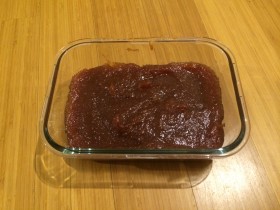
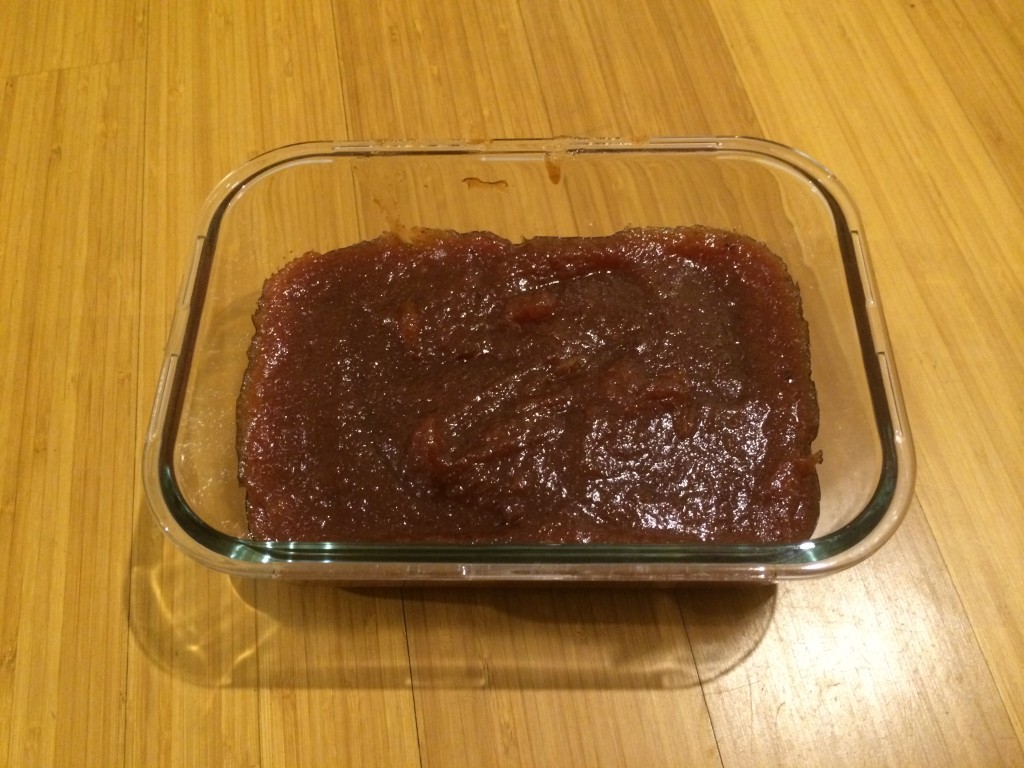
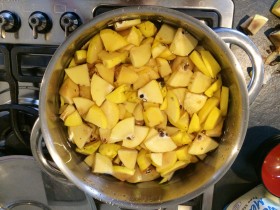
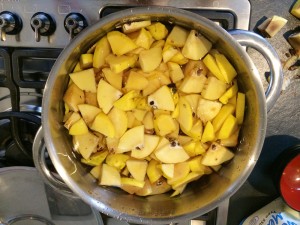
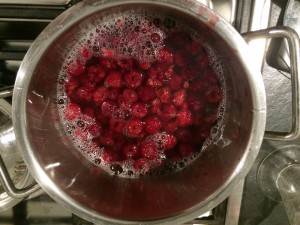
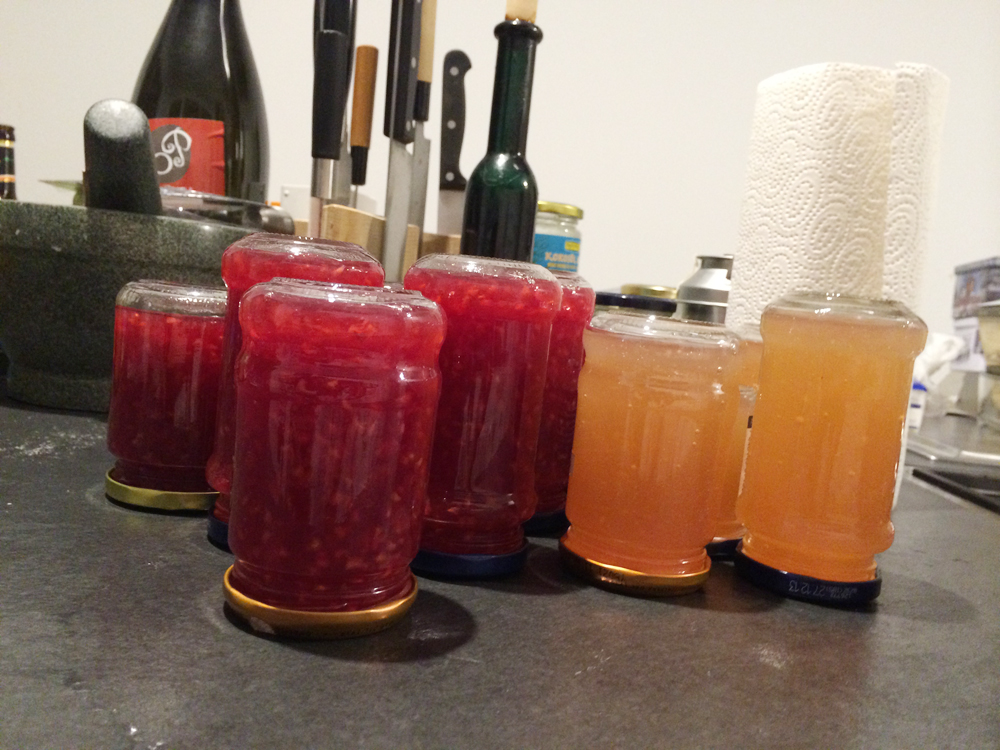
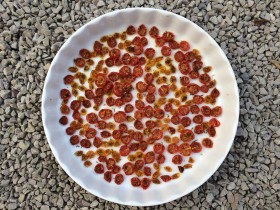
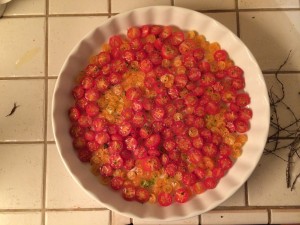
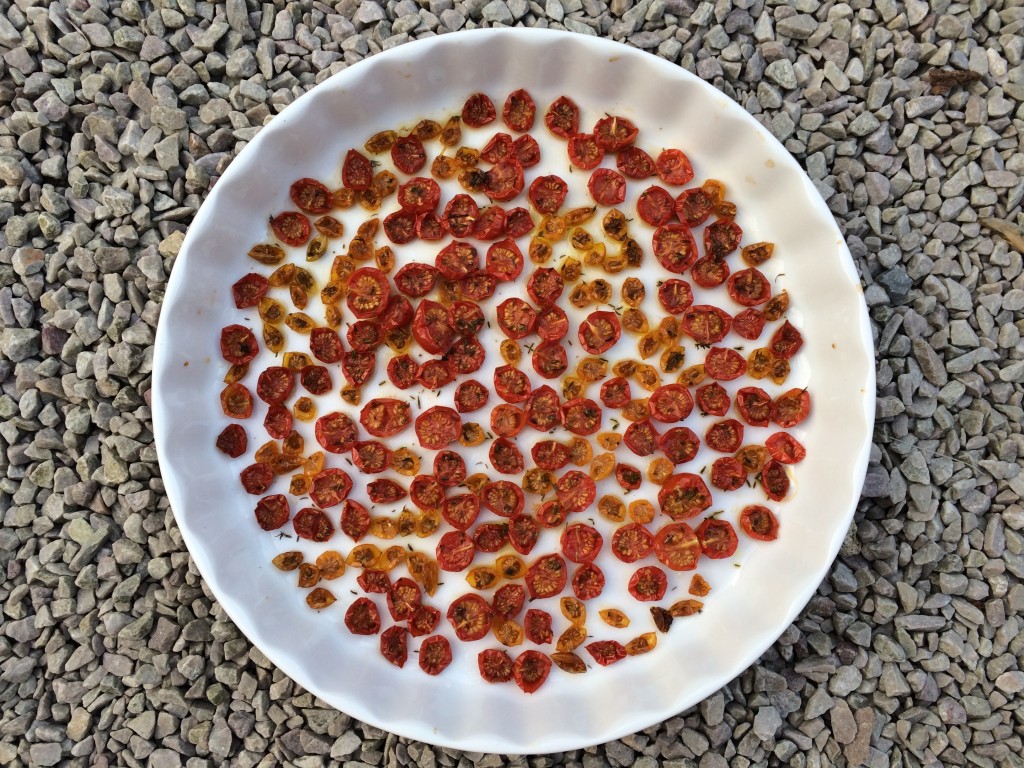
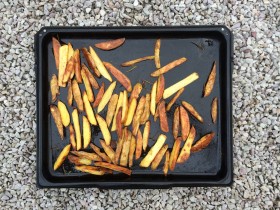
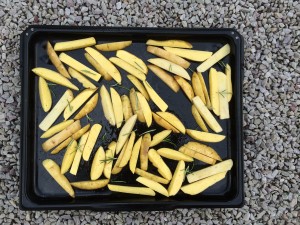
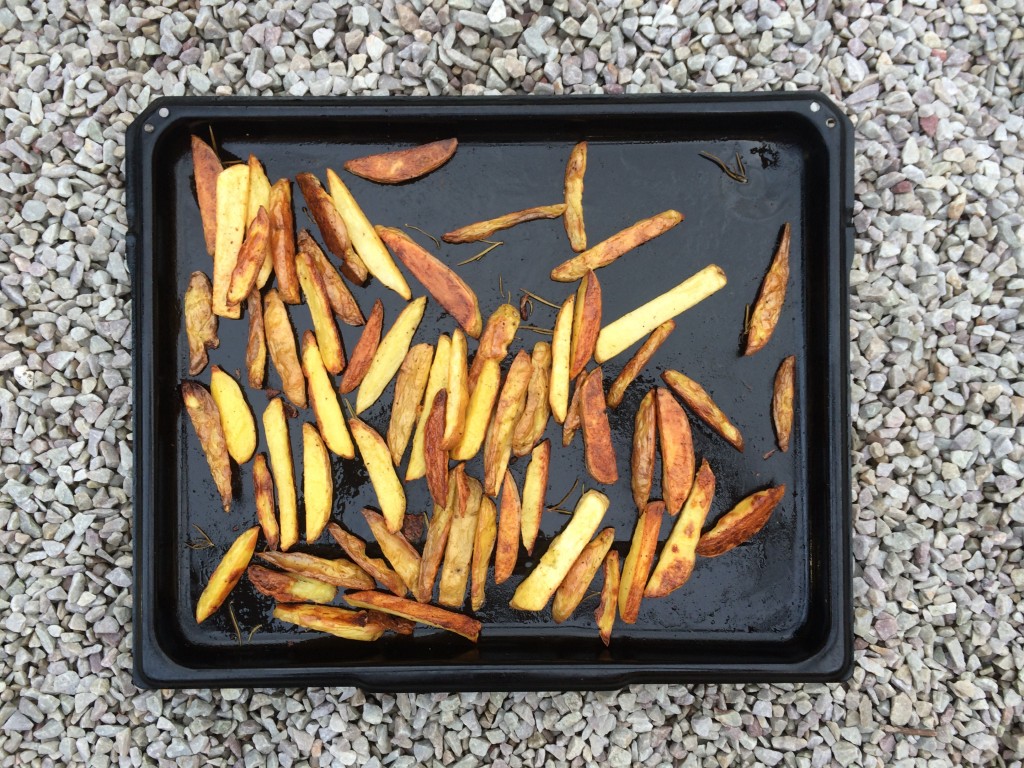
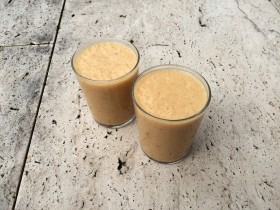
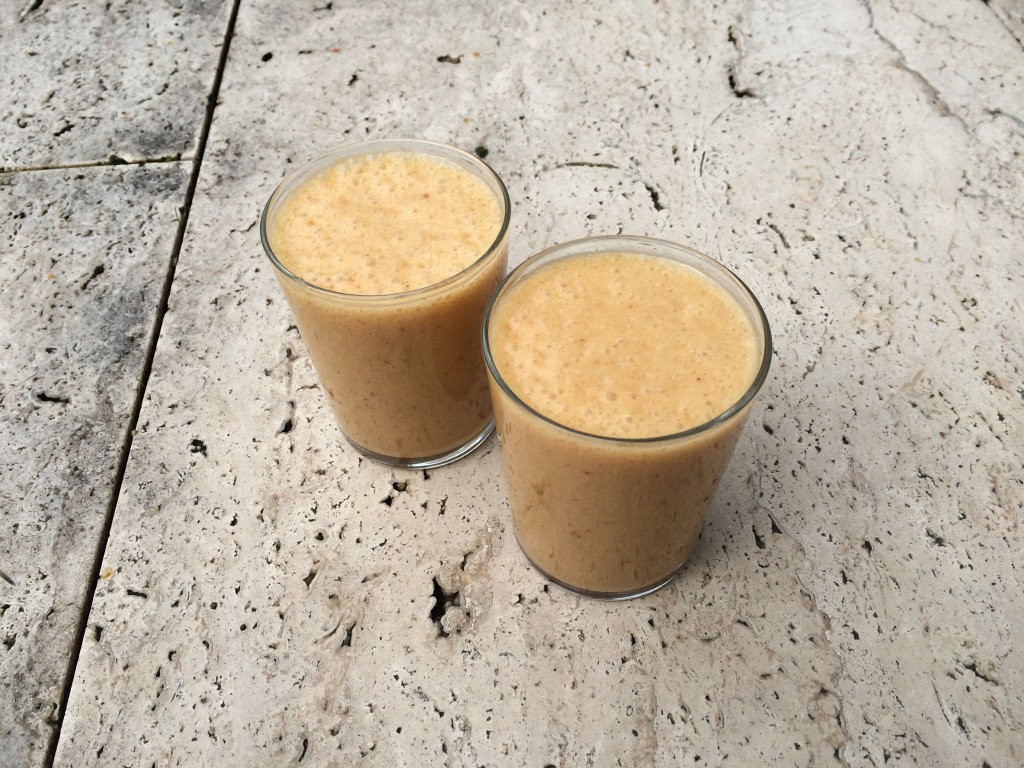
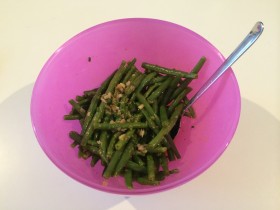
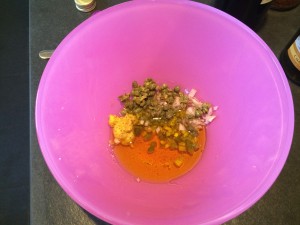
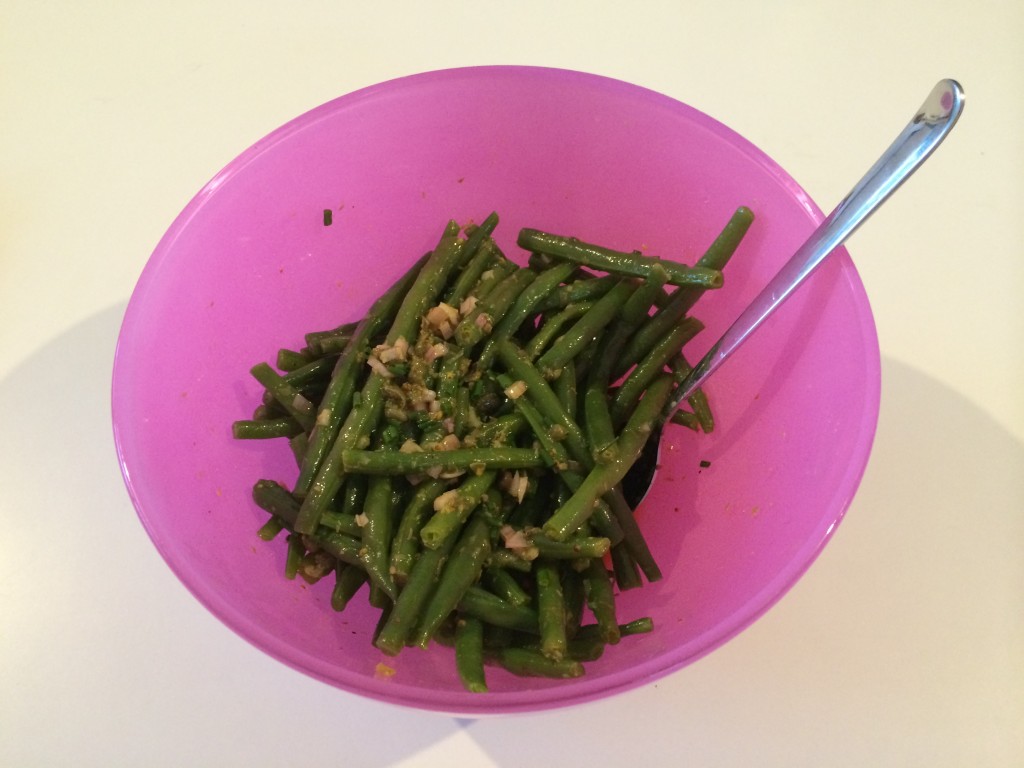
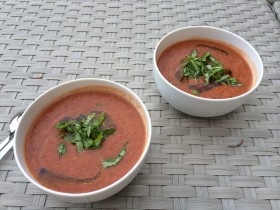
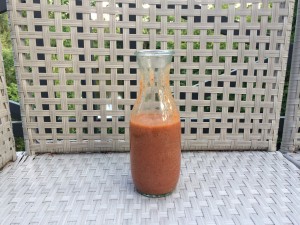
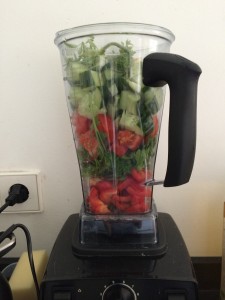
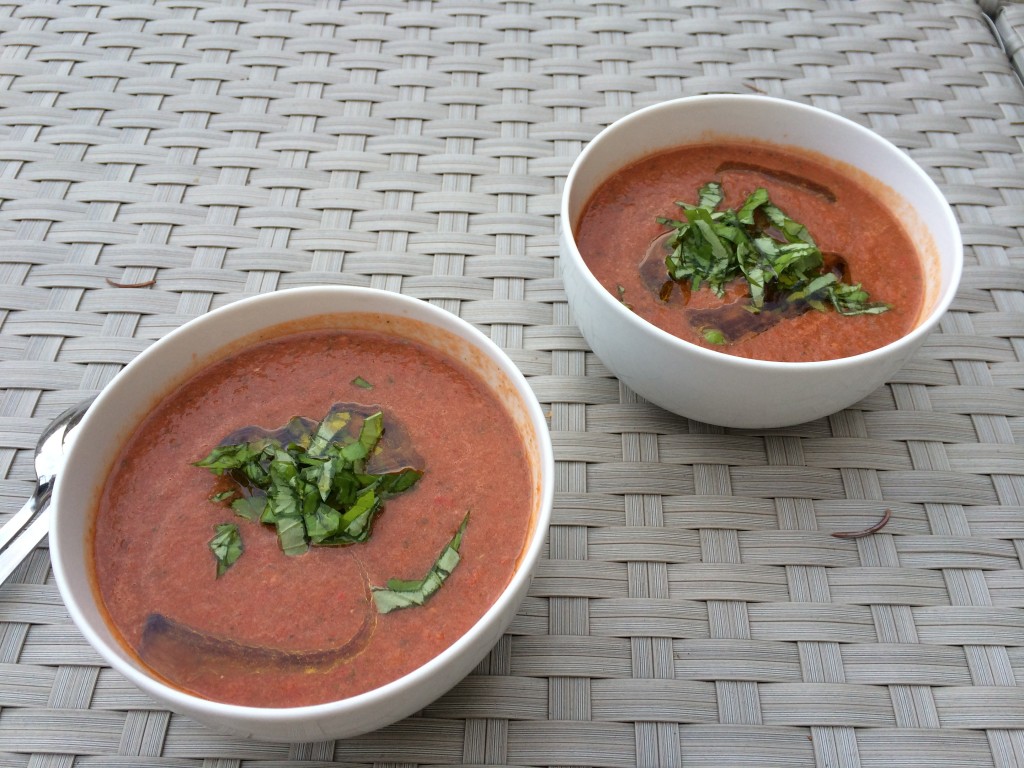
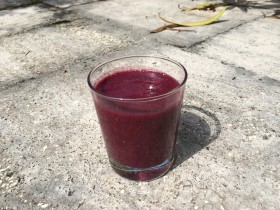
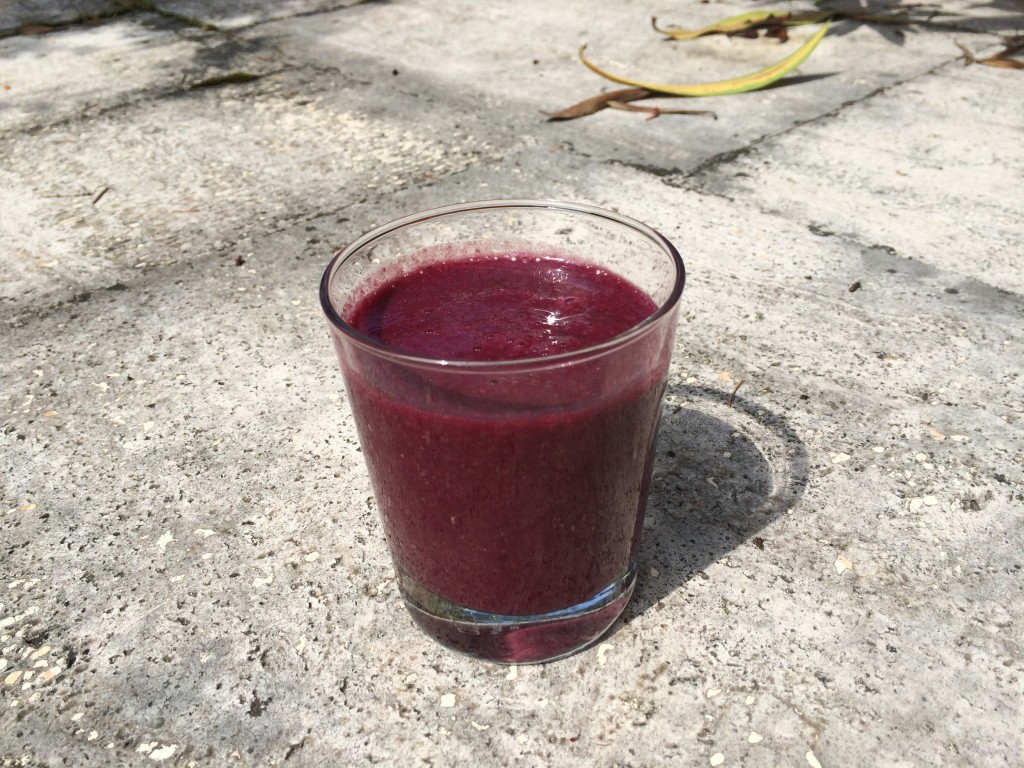
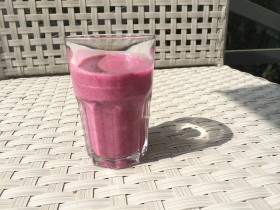
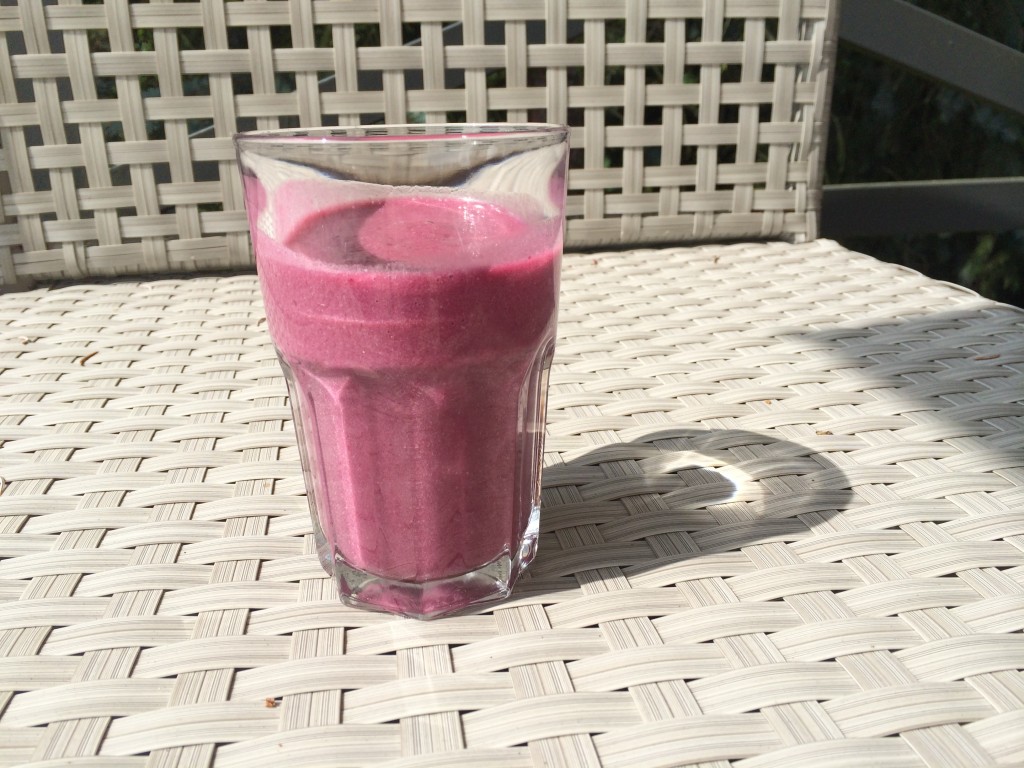
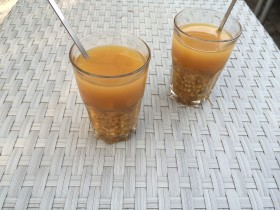
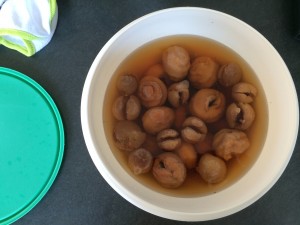 It consists of dried peaches and pearl barley, cooked in liquid, and eaten/drunken as soon as everything is chilled.
It consists of dried peaches and pearl barley, cooked in liquid, and eaten/drunken as soon as everything is chilled.